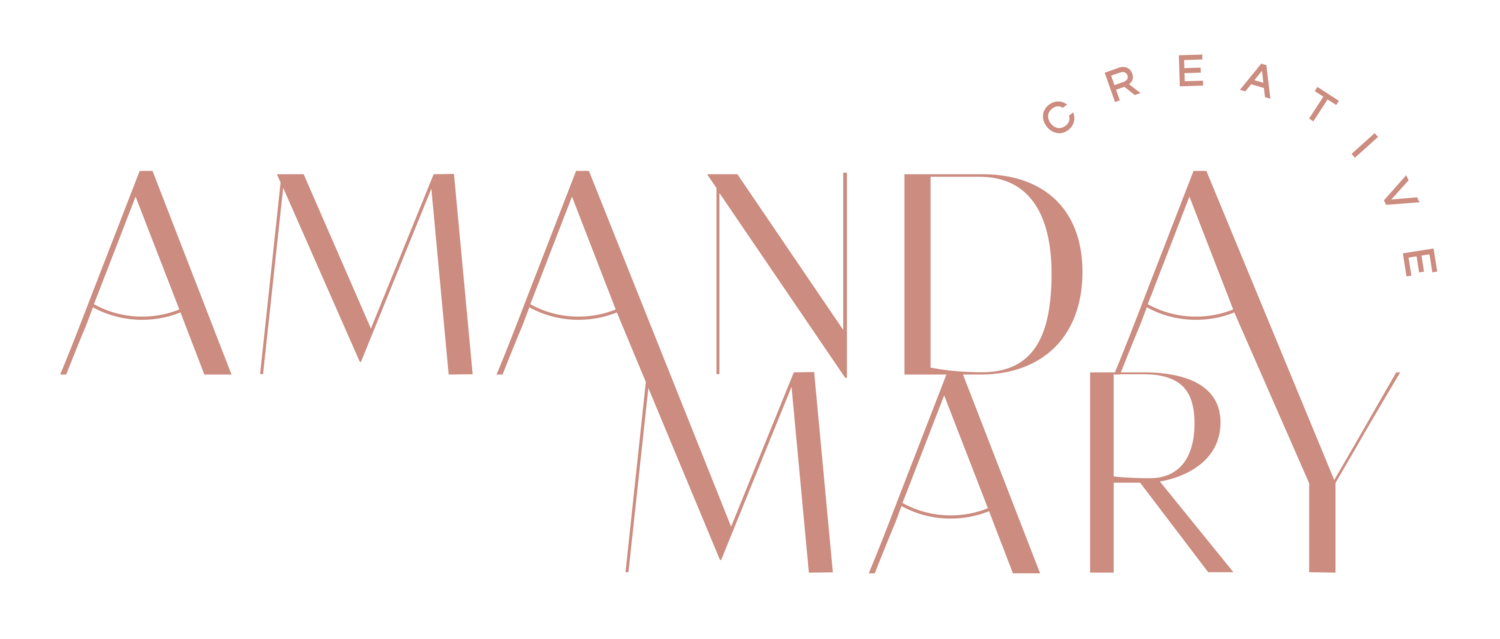What the f**k is a Commercial Copyright License?!
Understanding Copyright Law is like understanding taxes. Once you know the nuances, it’s pretty easy to manage. But if you keep your head buried under the sand, it’s going to take you by surprise (and likely demand a few tears)!
So let’s pull up those business pants and talk Copyright.
Photographers own their photos. Period.
There is a common misconception in the creative industries that if an artist, photographer, designer, illustrator, or the like, is hired by a client, both the work created and the intellectual property it represents, is owned by the client. And that, my friend, is so damn far from the truth! Creatives own their own work. Why? Because they created it!
A photograph isn’t simply a “click” of the shutter. It’s years of education, passion, dedication, investment, and experience. Each of us sees the world differently. Creatives intentionally develop their own unique way of seeing, which they depict through their own unique style. Think of it this way: when you reach out to a photographer, do you book them because they own a camera? No! (If your answer is yes, here’s a hot tip: buy a camera.) You choose a photographer based on their vision, style, ability, and offerings. All of which have taken years (if not decades) to develop.
I’m not a “professional” so it’s different for me.
Boloney. Regardless if you are a full-time photographer or a low-key hobbyist you own those photos! It doesn’t matter if you are working for a large commercial client, an individual, or are capturing a passion project. Paid or not, if you set up the shot, choose the settings, and click the shutter, that baby is yours. And what’s more, you don’t have to put it in writing. By default, you own the copyright to any work you produce, just like writers, musicians, illustrators, and artists. In fact, you own that creative content for 25 years after your death too!
But I thought…?!
Here’s where it gets a little sticky. Prior to November 7, 2012 freelance photographers were getting the short end of the proverbial stick, as work created under the course of “employment” denoted ownership to the employer vs. the creative (assuming you didn’t play it safe and have a contract stating otherwise!). Thankfully Bill C-11 set that right for good and applies to all works created after and prior to the amendment (hell yes!). Basically Bill C-11 ensures that you own your work, whenever and whoever it’s created for.
What if my contract doesn’t specify?
I’m a firm believer in transparency, which is why my contracts (and service guides!) underline the type of Commercial Use License my clients receive. They also explain, in simple terms, what a client can and cannot do with their session images. For example, my standard Commercial Use License permits clients to use all session images across all platforms to promote their brand, with no time restrictions. But they cannot re-edit or sub-license these images to a third party. This standard license also requires attribution on the ‘gram (aka. a tag or credit line). If a client prefers not to credit, or would like the freedom to re-edit their images however they’d like, I offer the option of upgrading to a Comprehensive Commercial Use License. In both cases the ownership of the images remains mine. 100% of the time, all the time.
But that’s just me! Every photographer, like every artist, has the right to define the terms of their usage licenses. Licenses are also very specific to a photographer's niche as well. Commercially speaking, some photographers may offer usage rights with time limitations, while others base usage on distribution (ie. Is this photo going to be featured in a global multi-million dollar advertising campaign? Or is it exclusively being used for a one-time local newspaper ad?). Regardless of the terms of usage, unless a photographer specifically denotes a transfer of copyright ownership, those photos will always and forever belong to them.
___
A quick aside here, have a damn contract!! Contracts protect clients just as much as they protect creators. If you are writing one, make it easy to understand! If you are signing one, for the love of all things good, read it and make sure you understand every sentence. If you have questions and the creator gets bristly, consider that a red flag! I for one love it when my clients ask me questions about our contract before signing. It tells me that they care as much as I do (which also means they are so my right people!).
___
But I want to own those photos!
Whenever a client asks me this, my first question is always: why? If you have usage rights in perpetuity (with or without credit) do you really need to own that intellectual property? Nine times out of ten, the answer is no. More often, a simple contract amendment underlining the exact terms of use you need, is a much better choice (and is often free).
Maybe you do need to own the photos. If so, be prepared to shell out some serious cash, because you owning those images means that the photographer does not. You can use them where you want, whenever you want. You can change them however you want. You can re-sell them to anyone you want! If sold, the photographer would need to ask you for permission (or include that in the terms of the sale) to use the image they created. Hence the big price tag!
Hang on, you require attribution?!
I once had a prospective client proclaim online: “photographers who require credit, after being paid for their services, are just looking for free promotion.” Insert sigh-of-frustration here.
Not all photographers require credit. But those who do aren’t trying to pilfer your followers. Our blood, sweat, tears, and finances go into the work we create. So when that work shows up in the world, it’s nice to be acknowledged for it. (If you are a fellow book-nerd check out this Instagram post I wrote paralleling photographers and authors.) When I ask for credit, the last thing I want is for that credit to distract from your content. I simply want it available for someone who is actively looking for it. Is that a marketing strategy? Yes, it’s a modern-day referral. But remember, I charge less for that Copyright Use option. If you don’t want to credit the creator, that doesn't make you a bad person! Many big brands don’t credit. But they pay accordingly. That’s the difference. When trying to decide if crediting is the right option for you, ask yourself “will this take away from my message?” and/or “can the creator be fairly credited in all the spaces I plan to use their work?”
Choosing to credit the creator doesn’t mean you are small peanuts! Tagging your photographer will actually boost your reach on social media, because Instagram’s algorithm loves image tags. That’s why it alerts everyone you tag. So they can share that same content and keep more eyes on the ‘gram! Content that is engaged with and re-shared is ranked at a higher value, which extends its reach substantially. Ever heard of an account going viral? It’s all in the shares my friend.
___
Side Note: credit is a two-way street! Don’t be that creative who demands a tag, but refuses to tag your client or other vendors. Spread the love! Remember we are actually supporting each other these days! You might not have a full vendor list at your disposal, but do your best. And if you miss a tag, add it in, when you find out.
___
Contract. Contract. Contract.
I said it before and I’ll say it again: have a contract. Contracts are so important, as they outline the exact terms of an agreement. Whether you are hiring a photographer or a model, are collaborating with another creative, or have offered a products-for-content trade with a brand. Have a contract in place. And make sure that contract outlines the copyright use permitted. It might seem like overkill (believe me I’ve blindly skipped this myself a time or two), but the only way to ensure everyone is on the same page is to actually put it on a page. As a bonus, you’ll look about a thousand times more professional too!
Further Reading
If you want to take a deeper dive into Canadian Copyright Law (props to you friend!) click here to read Canadian Copyright Act R.S.C., 1985, c. C-42, or for a photo-specific summary check out this post by The Canadian Association of Professional Image Creators.
___
Photography by Tracey Jazmin, edited by me!

